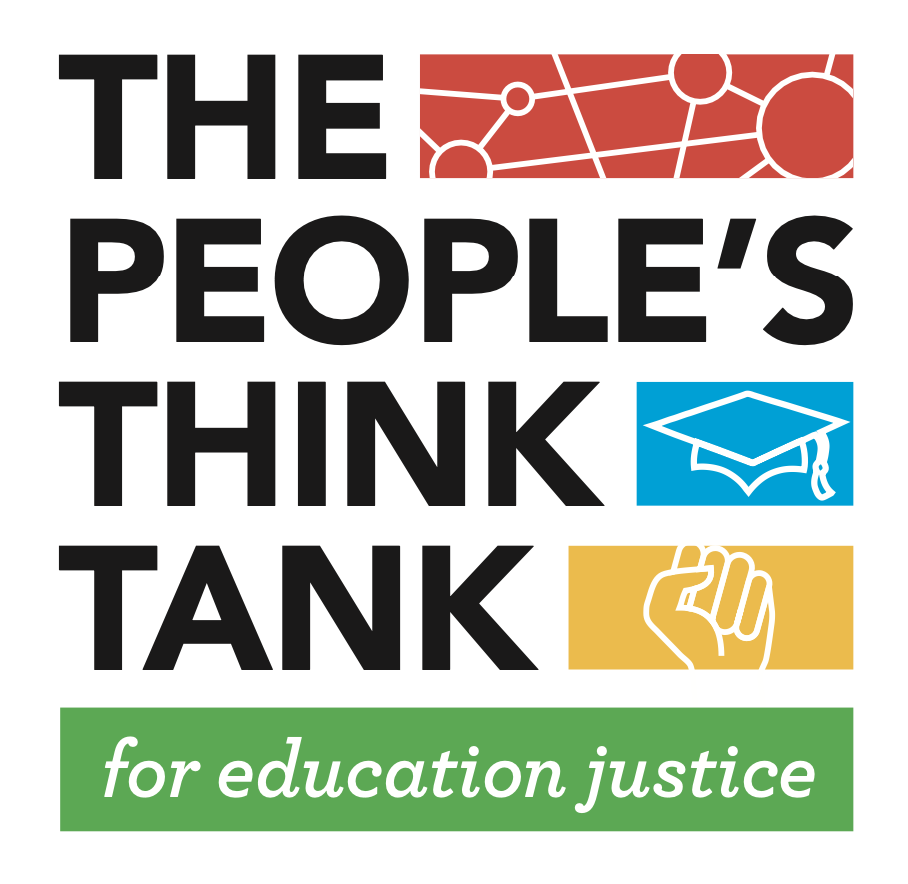
Issue Focus: Restorative Justice
Below are resources focused on Restorative Justice:
New blogpost:
03/03/2022 – Restorative Justice: Authentic Responses to the “Pandemic-to-Prison Pipeline”
Restorative and Transformative Justice Toolkit
“The Dignity in Schools Campaign…have created this space especially to share resources developed by grassroots practitioners of Restorative and Transformative Justice who are grounded in the Black and Indigenous cultures and communities that created these traditions. Though these resources are developed by different people with different approaches to Restorative and Transformative Justice, we are clear that there are core elements of these practices that must be present in order for them to be conducted with fidelity, and to be true to the historical roots.”
Building Restorative Justice Practitioner Consensus for Better Student Health
This report from the Restorative Schools Vision Project collects research and experiences from nearly 200 Restorative Justice practitioners across California to identify core concepts and supportive practices for the school environment. The report addresses implementation strategies along with enabling factors and barriers. It highlights the importance of establishing trusting relationships, hearing youth voices and integrating a values based pedagogy into the curriculum. Stakeholders throughout the state emphasized the importance of social justice in addressing the crisis of disproportionate school discipline.
COFI/POWERPAC – Parent-to-Parent Guide (English and Spanish)
“This document is for parents and community members who are interested in learning more about Restorative Justice and how this practice plays a role in transforming school discipline. The guide provides historical background on COFI’s work to reform punitive school discipline in Chicago, including changes to the Student Code of Conduct to remove zero-tolerance language in 2007. It also includes an explanation of RJ practice and describes how RJ should be an integral part of school culture.”
Transformative Justice: A Curriculum Guide
“As part of the Transformative Justice Fall Initiative, Project NIA has partnered with artist Micah Bazant to create this curriculum guide which draws on Micah’s ongoing collaborative work on the topics of scapegoating and transformative justice. This guide uses the publication Miklat Miklat, a zine* co-produced by Micah Bazant and Lewis Wallace, as a jumping off point for discussion and exploration of transformative justice.”
Restorative Posters
This is a collection of posters to represent restorative justice visually.
Introduction to Restorative Justice
Restorative Justice challenges us to recognize each other’s humanity and to concern ourselves with accountability rather than punishment. It is a way of being that is reflected not just in the political but also the personal. We are restorative, we don’t do restorative. This workshop will review the restorative practices continuum, the three paradigms (retributive, restorative, transformative) and its indigenous roots (African + Native American) and the proactive work required through restorative practices. We will also discuss community conferencing, an accountability process on the restorative practices continuum.
